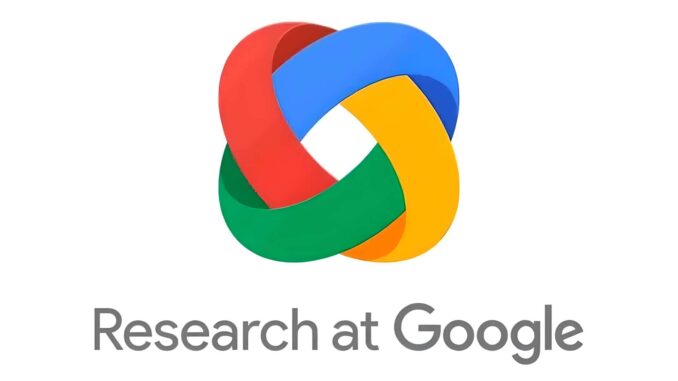
The Google Student Researcher Program 2026 gives students the chance to work on real research projects inside Google teams. The programme focuses on scientific progress and solving large-scale problems in fields such as machine learning, computer vision, natural language understanding, and data science.
Applications close on 26 February 2026, and the program is open to students in several technical and scientific fields.
Student Researchers work with Google mentors and engineers, contribute to ongoing projects, and learn how research ideas grow from theory to real-world application.
Key Date for the Google Student Researcher Program
- Application deadline: 26 February 2026
What the Google Student Researcher Program Offers
The Student Researcher role is a paid placement that allows students to:
- Work directly with research and engineering teams
- Connect academic study to real-world challenges
- Support scientific research in multiple technical areas
Projects are hands-on and often involve designing experiments, training or evaluating models, writing code, and presenting results. Areas may include:
- Machine learning
- Language models
- Human-computer interaction
- Generative media
- Large-scale systems
Students learn how top research teams think, test ideas, and build solutions for millions of users.
Eligibility for Student Researchers
Applicants must be pursuing a degree or have equivalent experience. Eligible fields include:
- Computer Science
- Linguistics
- Statistics / Biostatistics
- Applied Mathematics
- Operations Research
- Economics
- Natural Sciences
- Or related disciplines
They should also have experience in at least one key area, such as:
- Natural Language Understanding
- Human-Computer Interaction
- Generative Media
- Computer Vision
- Machine Learning or Deep Learning
- Optimisation
- Quantum Information Science
- Data Science
- Software Engineering
- Or similar technical areas
Preferred Qualifications
Although not mandatory, Google prefers applicants who have:
- Current full-time enrolment in a degree programme in the EMEA region
- Previous research experience (internships, labs, academic projects, etc.)
- Contributions to research communities (publications, conference papers, etc.)
- Experience in general-purpose programming languages such as:
- Python
- C / C++
- Java
- Go
- MATLAB
- Or similar languages
- Python
These qualifications help show readiness for active research work inside Google.
What Students Can Learn from This Research Role
Through this role, students gain real insight into how research is conducted at scale. Activities may include:
- Designing and running experiments
- Evaluating algorithms or models
- Analysing datasets
- Studying user behaviour
- Building tools or prototypes
Students typically develop:
- Stronger programming skills
- Better research and analytical skills
- Experience working on cross-functional teams
- Confidence using large datasets and complex systems
This experience supports future academic paths like Master’s and PhD study or careers in applied research and engineering.
How to Apply for the Google Student Researcher Program
Applicants must prepare the following documents:
- Updated CV or résumé
- Recent English-language transcript (official or unofficial)
Steps to apply
- Update and polish your CV with projects, research work, and technical skills.
- Get an English transcript showing recent grades.
- Visit the official Google Student Researcher Program application page.
- Fill in personal and academic details.
- Upload your CV and transcript.
- Review the entire form and submit.
Google recommends reading the full programme details on the official page before applying.
Why This Research Program Is Helpful for Students
Many students struggle to gain real research exposure while still studying. This Google programme provides access to:
- Real industry-scale data
- Strong mentorship
- Problem-solving at global scale
- Research environments not normally reachable in university
It helps students understand how theory transforms into products, tools, and scientific breakthroughs. The experience strengthens both academic and industry career paths.
Leave a Reply